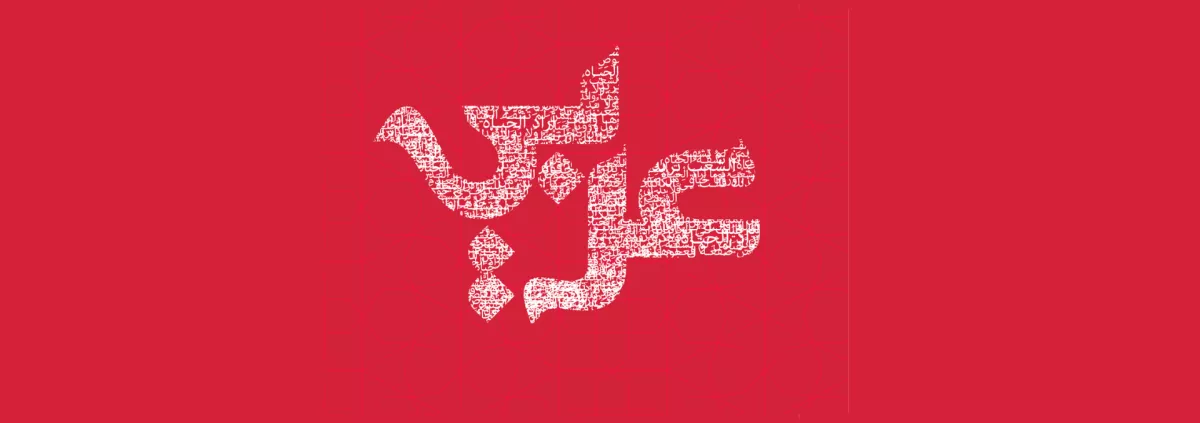|
This Consultation is Now Closed. Many thanks to all contributors for sharing your valuable knowledge, experience and perspectives in UNDP online consultation on ‘Shared development challenges and priorities in the Arab States region. The contributions from the participants will help to inform and sharpen UNDP RBAS Regional Programme Document for Arab states 2022-2025. If you missed the opportunity, you can still participate by submitting your written contribution to [email protected] and [email protected] before October 4. As a result, a summary report from the e-discussion and consultations has now been compiled and is available on this page. The report summarises key points raised by the consultation participants. The views and opinions in the report are those of the contributors and do not necessarily reflect those of UNDP. Thank you to all contributors for your support. |
Welcome
UNDP regional programme responds to three main interrelated development challenges that hinder Arab countries’ achievement of the vision articulated in Agenda 2030, as they have emerged from the programme’s theory of change:
- Socio-economic vulnerability including rising poverty and inequalities of opportunities, as a result of low intraregional trade and a lack of economic diversification due to over-reliance of many Arab economies on oil and rents;
- Socio-political vulnerabilities and governance deficits, including broken social contract and weak legitimacy of state institutions and equality before the law, systemic corruption, and political instability;
- Environmental vulnerability and growing resource insecurity which further affect development trajectories in the region.
The regional programme response for the next 4 years is framed through the following directions of change, aligned with UNDP Strategic Plan 2022-2025 and reflects solutions pathways identified in the theory of change:
- Structural transformation accelerated for sustainable development, particularly for green, inclusive and digital transitions
- Inclusive participation promoted and conflict prevention and resilience to shocks and crisis strengthened
Take a look at the background document (available in English, Arabic and French) for all details on the above-mentioned development challenges and the solution pathways identified by UNDP for the Regional Programme for Arab states 2022-2025. Then answer the questions below.
Please include the question numbers in your response. Feel free to introduce yourself if you wish:
|

شكراً معتصم على التعليق وسوف نأخذ مقترحاتك بعين الاعتبار. بالفعل إن جانب التعليم والبحث العلمي هو مهم خاصة لما له من دور في التقدم وتحقيق التنمية. أما بالنسبة إلى استهداف طلبة الجامعات لكي يتناسب مع متطلبات سوق العمل، فتجدر الإشارة هنا إلى أن البرنامج الإقليمي للدول العربية 2022 - 2025 سيتبنى تعزيز المهارات خاصة للشباب في الدول التي تعاني من الأزمات والشباب من ذوي الاحتياجات الخاصة. وقد أشرت أيضاً إلى أهمية إعداد برامج تأهيل للمتضررين من النزاعات والصراعات المسلحة، وهنا تجدر أهمية تعزيز جهود منع الازمات و أيضاً التعافي منها. tasnim_hemmadeh ما رأيك بالجوانب التي اقترحها معتصم؟ وهل لديك مقترحات أخرى؟